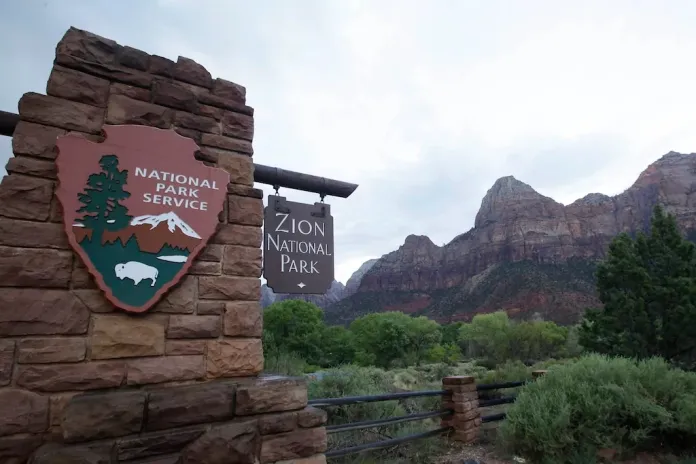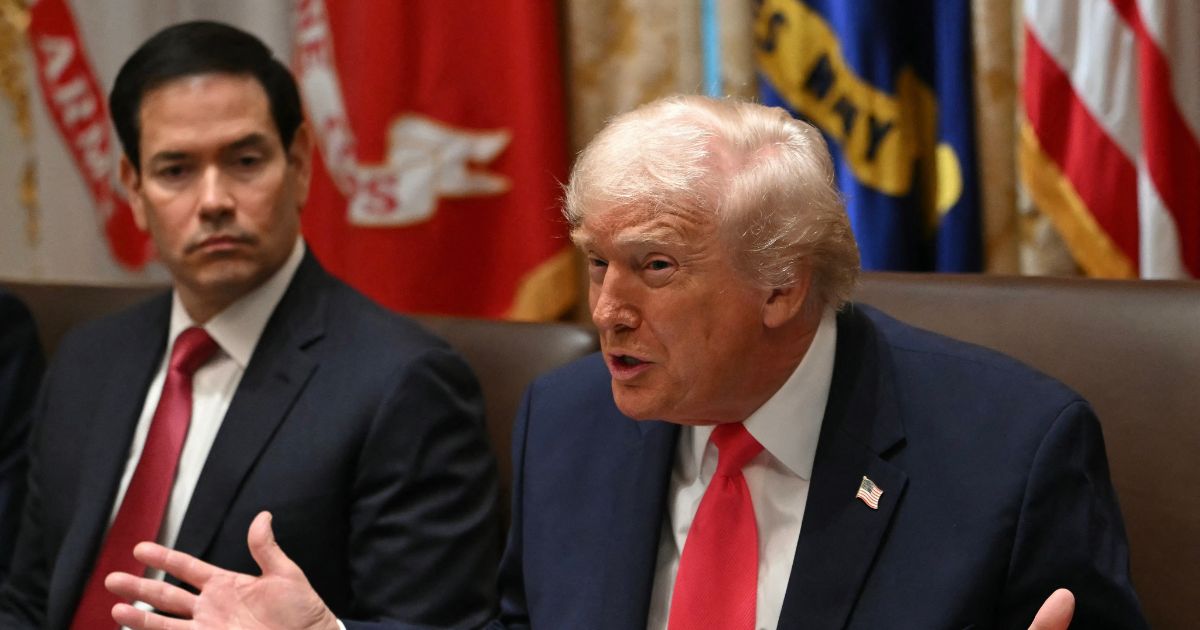Alphabet Soup: The future of DEI and the power of obscurity – Washington Examiner
Mony requirement comes as universities aim to ensure that merit and qualifications remain the primary factors in their admissions decisions, rather than factors such as race or gender.
the pushback against DEI initiatives reflects a growing backlash against what many see as unfair and discriminatory practices that prioritize identity over merit. As more organizations and institutions reevaluate their approaches to diversity, equity, and inclusion, it is clear that the conversation around these issues is far from over. With a greater focus on meritocracy and qualifications, the hope is that the principles of fairness and equal opportunity will continue to guide decision-making in the workplace and beyond.
Alphabet Soup: The future of DEI and the power of obscurity
The Secret Service’s failures during the near assassination of former President Donald Trump have once again shone the spotlight on so-called DEI hiring, with former Director Kimberly Cheatle being accused of being a box-ticking diversity hire. This Washington Examiner series, Alphabet Soup, will take a closer look at whether the DEI chickens have come home to roost in the federal government, whether the private sector has finally had enough, and if the much-maligned term is here to stay or if it will simply morph into something else altogether. Part 3 will focus on the future of DEI.
After comprehensive buy-in across the institutional powers of corporations, government, and higher education, diversity, equity, and inclusion ideology has more recently left a negative impression on many people who increasingly see the movement as anti-meritocratic and even racist or sexist.
The DEI lens, which has governed hiring, promotion, and university admissions by placing excessive importance on characteristics such as race and gender, often at the expense of merit and experience, has come under intense scrutiny in recent months as high-profile scandals, including the ouster of former Harvard University President Claudine Gay or the security failures from the Secret Service that led to the assassination attempt on former President Donald Trump, have called the ideology and its future into question.
“We’re seeing a tectonic shift in public attitudes,” Dr. Charles Lipson, political science professor emeritus at the University of Chicago, told the Washington Examiner. “I think that public attitudes for a long time were tolerant of DEI initiatives on the grounds that they were making up for historical inequities, but the public has also seen that we are now six decades past the Civil Rights Act and that this kind of compensation has to have a sunset.”
“The second thing that the public is seeing is that some people who have less meritocratic credentials have been promoted to very senior positions where they have not performed well, and they’ve just seen it time and again,” Lipson added. “Some people have been promoted for identity reasons, and that those reasons are fundamentally contrary to American values, where the color of your skin and your religion should be irrelevant to whether you get a job or not.”
Lipson said he believes that, given public scrutiny, the implementation of the ideology is unlikely to go away but rather move underground and become more obscure.
A product of academia, the racialized and gendered ideology has been around for some time, and it gave rise to a multibillion-dollar industry of consultants and human resources professionals focused on its cross-sector implementation. Efforts to spread the ideology increased in the wake of the 2020 George Floyd riots when corporate America publicized its efforts to embrace DEI in an attempt to curry favor with what was at the time a popular political moment. Shortly after President Joe Biden took office, the entire federal government was directed to embrace it as well, through multiple executive orders.
As the fruits of DEI have become more understood by the public, and accusations of people such as Gay or former Secret Service Director Kimberly Cheatle being “DEI hires” have abounded, many of the institutional proponents of the ideology have begun to retreat. At the same time, Lipson noted, many people who previously were afraid of being called racist for criticizing the ideology now feel empowered to speak out. Cheatle resigned her post Tuesday in the aftermath of the Trump assassination attempt, which left one dead and three, including Trump, injured.
The nation’s foremost association of human resources professionals, the Society for Human Resource Management, recently dropped “equity” from its approach, with the concept seen as the most controversial aspect of the ideology, driving the circumvention of merit for race and gender.
As the Washington Examiner reported, dropping “equity” has been part of a “growing trend” highlighted by Microsoft firing its entire DEI team. But Microsoft confirmed that it will continue to do “D&I” work.
Similarly, Deere & Company, the maker of John Deere tractors, Tractor Supply, Zoom, Snap, Tesla, DoorDash, Lyft, Home Depot, and Wayfair have all announced they are either gutting or scaling back their DEI departments. Multiple universities have also scaled back or been forced to get rid of their DEI departments, and some have even reverted back to using standardized testing, such as the SAT or ACT, as part of their admissions processes. The move to scrap the testing came in 2020 after some schools deemed the requirement to be racist.
Some schools and corporations started scaling back their DEI initiatives in the wake of the Supreme Court overturning affirmative action in a move Lipson said is a sign of the institutions realizing they now have “legal exposure for discrimination.”
However, DEI’s proponents still largely control those institutions, and while the “diversity, equity, and inclusion” phraseology has become politically inexpedient, the underlying ideology could still be pervasive. Attempts to scale it back have sometimes been met with skepticism, particularly in academia.
“Universities and human resource departments have been the strongest bastions of DEI practices and universities, of course, have been the fountain of DEI ideology,” Lipson said. “The main advantage that bureaucracies, not just corporate but the bureaucracies and universities as well, have is staying power and the obscurantism of their rules and implementation.”
“They won’t give it up easily,” he added.
That appears to be the case at least at universities, many of which have fought hard to maintain their DEI practices in the face of laws passed by states to uproot the ideology. In January, when public universities in Texas were forced to get rid of DEI, the schools initially appeared to keep the ideology running by reassigning pro-DEI administrators to other departments within the school to implement DEI under the table.
While Texas schools finally relented in April, universities in other states, such as Utah and Wyoming, were successful in lobbying legislators into preserving many of the DEI practices while simply banning the words “diversity,” “equity,” and “inclusion.”
Lipson explained that there is power in obscurity and that many public attempts to scale back the ideology, whether in corporations, universities, or government, may not realistically take hold because the personnel, the large proportion of whom are pro-DEI, will remain the same.
“Every organization wants to ensure its autonomy, so there’s nothing unique about HR departments or university bureaucracies or anybody else trying to do that, and one way to ensure your autonomy is to obscure the criteria you’re using for decision-making, and any evidence that the decision-making might be biased against group A or group B,” he said.
A nearly identical situation happened during the public outcry that occurred after parents nationwide started to learn during the pandemic about critical race theory and gender theory being taught in K-12 schools. While school districts were using the term “critical race theory” in official documents and source material that informed curriculums, as soon as that phrase gained a significant amount of political baggage, the schools often responded by removing the term itself, saying it was a theory only law students study and arguing that it does not exist in the classroom because documents no longer referred to the term. The underlying ideology, however, remained a significant driver behind curricula.
The momentary “frenzy of public activity” around a certain issue, such as what happened during the George Floyd riots, may wane, Lipson said, but the bureaucrats responsible for responding to those issues and implementing policies that were responsive to them will be there doing the work quietly long after the issue has left the public conversation. “That’s actually why this goes far beyond DEI,” he added.
“It’s going to be a main issue for a Trump administration if Donald Trump is elected,” Lipson said. “Their agenda was undone by permanent bureaucrats in Washington working in conjunction with lobbyists and others.”
“The Trump administration will have to get much better control over these permanent unelected bureaucrats if they want to implement the agenda for which they were elected,” he concluded.
" Conservative News Daily does not always share or support the views and opinions expressed here; they are just those of the writer."




